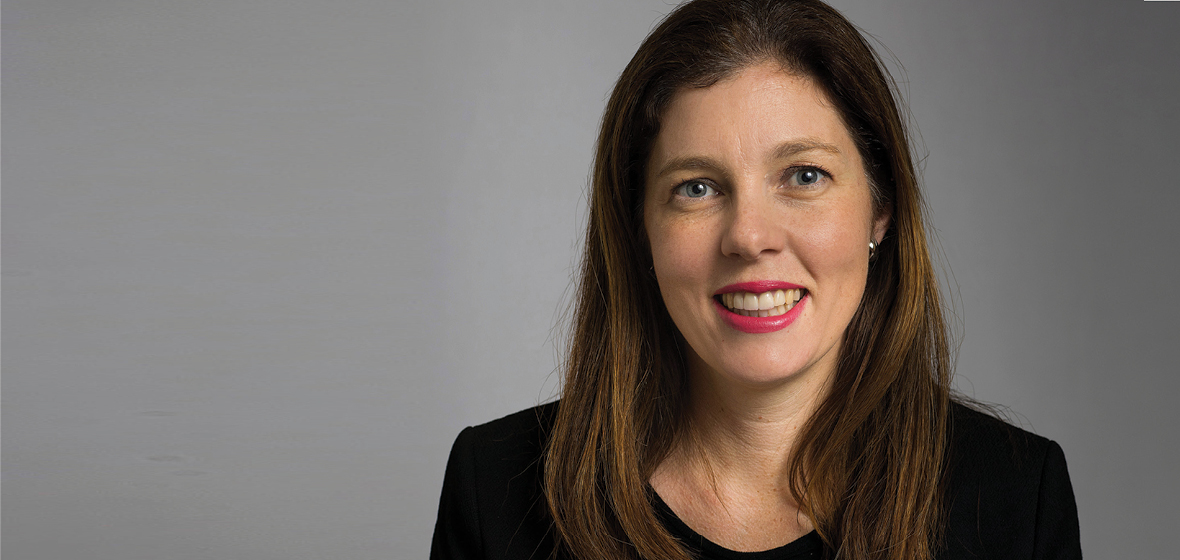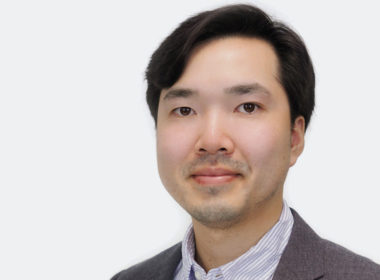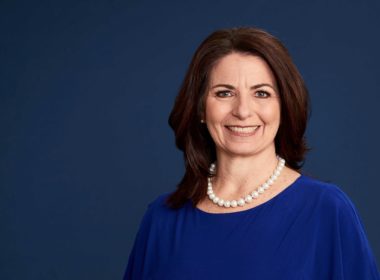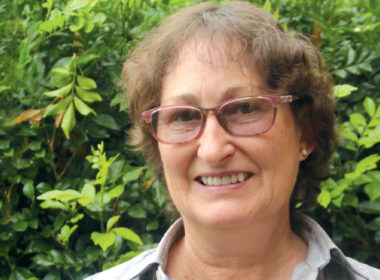Emma Maple-Brown recently took up the role of Director, Pro-Vice Chancellor Indigenous at UNSW. During the early years of her career she worked at Herbert Smith Freehills, specialising in defamation and later leading the firm’s Australian pro bono practice. Maple-Brown tells us about her new role and the skills she’s acquired from the legal profession to undertake it.
What inspired your career transition?
I’ve been lucky to have spent the majority of my working life at Herbert Smith Freehills. In 2019, I completed a secondment at the Indigenous Law Centre with Professor Megan Davis, Pro-Vice Chancellor Indigenous at UNSW. The work really spoke to my values and increasing desire to use my skills to improve the lives of others. When the director position came up, I was ready for a new challenge and that is certainly what I have now.
What does your role involve?
My role is to support Professor Davis in all of the work she does. This means managing the large teams and projects she has going on, all of which work towards the UNSW Indigenous Strategy. Professor Davis has a really diverse portfolio, including her work as a public constitutional lawyer, her role on the United Nations, on the NRL board, and as a member of the Land and Environment Court. She is also one of the key constitutional lawyers leading the movement on the Uluru Statement from the Heart. I help manage this diverse portfolio and act as a conduit of information between her and the teams.
What skills are transferrable to your new role?
I can’t emphasise enough that the most important skill all lawyers can have is the ability to listen. It’s important in my work now because I’m working with people who have so much professional and lived experience in the space. Only by listening can I work out where I can use my skills to help. The other skill I’ve gained is the ability to work with people from all different backgrounds and experiences. Other transferrable skills include time management, writing succinctly, distilling complex facts and communicating legal ideas to people who may not be lawyers.
How can the legal profession support Indigenous Australians better?
I would really encourage all lawyers to read the Uluru Statement from the Heart and learn about the legal discussion taking place, including a protected voice in our Constitution. I think lawyers have an important role in educating others. If there’s a chance that an enshrined Voice to Parliament might eliminate the comparative disadvantage of Indigenous Australians, then I believe as lawyers we really need to do whatever we can to carefully consider and support that reform.
What’s the greatest obstacle you’ve had to overcome in your career?
I think it’s the balance between work and family. I often say some of my most demanding clients are my four children. My time management now is second to none and that’s because I have had to learn the hard way that if you’re not organised, then the wheels fall off. It’s an obstacle, but it can also be a gift.
What do you like to do in your spare time?
My happiest days are the ones I spend with my family. I love being on holiday, reading and cooking. I’m not a natural runner, but I do try to run at least three times a week to stay fit. I think we run the risk of living in a culture where we always talk about how busy we are and while I am busy, most of the time I’m really enjoying what I’m doing. I think that’s an important thing to try to hold onto.




